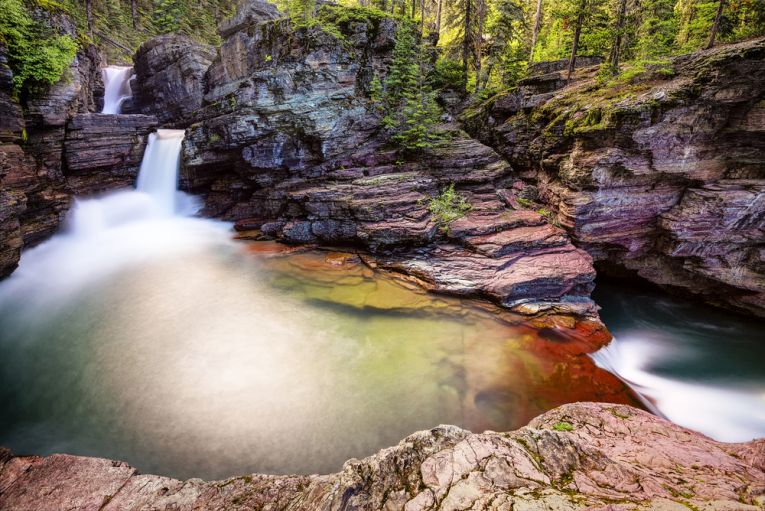While it would be highly unlikely in untouched, 1000-year-old water, the USGS has just reported.that no contamination has taken place in the Williston basin, within 2 states (North Dakota and Montana.) The worry has always been that extensive oil exploration and subsequent production in the Bakken and Three Forks Fields and the rest of the Northern Plains oil patch would have already affected ground water.
The shallow fossil water tested showed no sign of any residues from oil according to the paper published in the journal Groundwater by P.B. McMahon, R.R. Caldwell, J.M. Galloway, J.F. Valder and A.G. Hunt from 4 separate United States Geological Survey locations. 30 random domestic wells were tested in the Fort Union Formation, using inorganic and organic procedures. It was a 14 Carbon test that gave the age of the water supply away. This proved to be from <1000 years in a few cases and >30,000 years in the oldest samples, with many deeper samples, possibly much older, for the future work of the Survey. However, the domestic wells may not be as well
suited for this check as others near the present water table. They should also be shallower in depth to allow time for seepage.
A clever USGS calculation of horizontal groundwater movement estimates that any contamination would still be 0.5 km (0.35 miles) away from any of the potential leak zones, which were at least 4.6km from a domestic well! Well done to all concerned, because this small sample will only be the start of what will prove to be a mammoth task.
This all means that there are sighs of relief from home-(and well-) owners. But this toe-in-the-water approach is obviously inadequate as USGS researcher Rod Caldwell, from Helena, Montana makes obvious. He and his colleagues agree that much more research will assess any recent or future impact of the projected 60,000 wells, potentially to be drilled in time. That makes these 30 rather tentative samples seem totally inadequate. What is most important is the plans that people have now made for half a century, in some cases. Water is needed desperately in every continent, largely because of human need. While we could divert the Mississippi, or even the Yenisei and Ob, those frequently quoted plans may never come to fruition until absolute desperation sets in. What we do need to do now is preserve and protect this groundwater (and all other water too.) In many regions, it is infiltrated by sea water, forced up by subsidence, and greedily sucked up in the driest parts of the world. Water wars are probably very likely in the near future, but even within one nation, legislation and federal action will be essential if anything is to be achieved.















